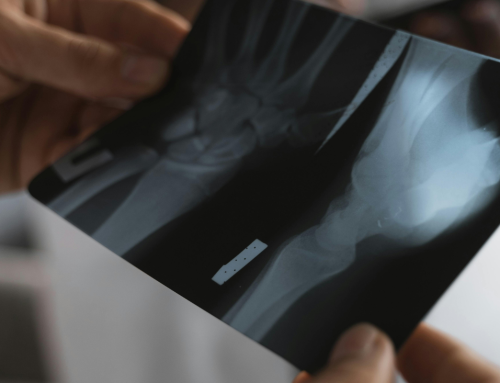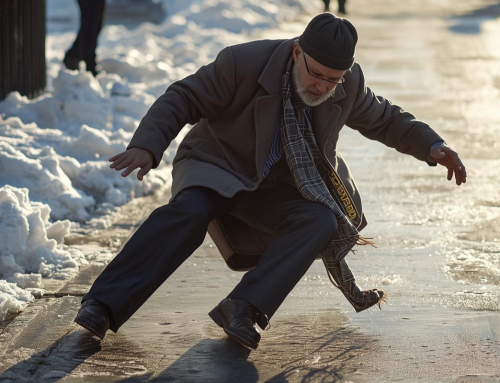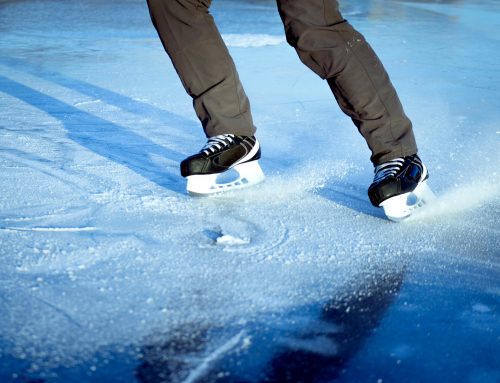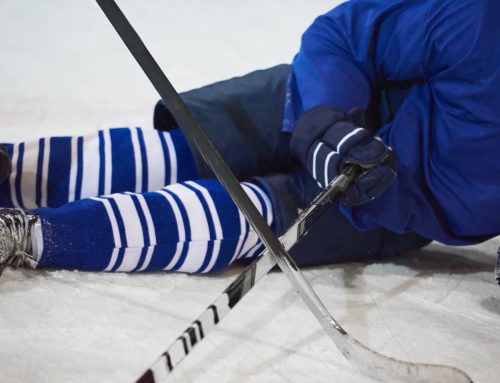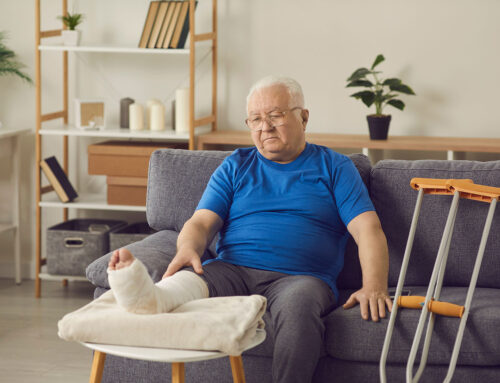Is sunbathing good for healing surgical wounds?
The sun’s out and so are Canadians. But days spent lounging on the beach, relaxing on a boat, or sitting poolside in full sun can cause damage to the skin and that’s especially relevant when you’re in post-surgery recovery.

There are a number of considerations that should be kept in mind when caring for a surgical incision, especially during the summer. Wound infections are more likely to happen in the hotter months of the year and spike in the summer. Sunbathing should also be avoided as it causes scarring to appear more prominent through hyperpigmentation, as UV exposure damages the delicate new skin tissue that forms after surgery.
Summer months linked to higher rates of surgical site infections
Any type of surgical incisions, such as from surgery to correct or help heal a fracture, can develop an infection while in the healing process. Surgical site infections can occur for a variety of reasons, including due to the cleanliness, or lack thereof, of the medical facility and staff during the procedure, and the patient’s care of the wound post-operation, to name a few.
Surgical site infections are a common healthcare-associated infection but can be deadly. In Canada, 77 percent of surgical patient deaths are related to infections. They’re also a leading cause of hospital readmissions and often lengthen time of stay in hospital, beyond the personal health costs.
Research published in the journal of Infection Control and Hospital Epidemiology found that there were 27 percent more cases of surgical site infections in August than in January. This long-term study looked at more than 100 million hospitalizations in the United States over 13 years. There may be a number of reasons for this rise in infections during the summer, including higher temperatures causing bacteria levels to increase. Other studies have found similar results of infections being affected by the season, including those following spine surgery and knee and hip replacement.
It can be difficult, if not, impossible to plan for some surgeries and their timing, depending on the procedure, circumstances, and location. But if you are required to have surgery during the summer months, extra care should be taken with post-operative treatment of the incision site and that includes exposure to the sun and protection from it.
Sun exposure causes scars to be hyperpigmented and more prominent
Post-surgery may not be the best time for bikini photos on the beach. A scar is more likely to be noticeable and darken if it gets sunburnt while still in the healing process. This is because the new skin tissue that is formed as a scar is very delicate and sensitive to sunlight, burning more easily than other skin under normal conditions.
To avoid burning a surgical incision site, it’s advised to avoid direct sun exposure for three to nine months after surgery. If that’s not possible, stay out of the sun when it’s the hottest part of the day — from 10 am to 2 pm. Keep the area of the surgical site on the body covered and protected from all types of UV light. Wear clothing or a hat that can protect the incision. Be sure to also apply sunscreen at all times during the day to prevent hyperpigmentation and minimize discoloration.
Instead of a beach massage — have you heard of a scar massage? About one month after surgery, or when your healthcare provider approves it, gently massaging a scar loosens the tissue around the incision. This can help make the scar more flat and soft, less pronounced, and less itchy, painful, and sensitive.
Surgical scars should be massaged for five minutes, two to three times a day, and can be continued for up to a year afterwards. You may feel a bit of a pulling or burning sensation, but it shouldn’t hurt. This procedure increases blood flow to the skin, releases hormones, like oxytocin (the “love” hormone), and helps signal the molecular remodelling of the scar.
Other considerations for wound care in the summer
You’ll need to skip the swimming pool post-surgery, as the incision site must be kept dry for as long as your doctor recommends. Avoid taking baths if the surgical site will be exposed to the water.
Check the incision daily for signs of infection: such as yellow or green discharge, a change in the odour of the wound or the size of the incision, redness or hardening of the surrounding area, fever, or increasing pain or bleeding. The surgical incision area should be cleaned gently with soap and water, air dried, and then gently pat dry with a clean towel before reapplying the surgical dressing. Never use rubbing alcohol, iodine, hydrogen peroxide, or any other cleaning products on the wound.
And to heal really any part of our bodies, it’s also essential to maintain a healthy diet with a good amount of protein, carbohydrates, and essential nutrients and vitamins. Discuss with your doctor your best options for exercise and staying active and strong in recovery.
It’s a good idea to limit alcohol and not smoke. Smoking cigarettes can have devastating effects post-surgery. Oxygen is necessary for the healing process, which is limited when smoking. Nicotine causes the arteries to become narrow, limiting the flow of blood and nutrients to the skin, which are essential for the healing process.
Stay out of the sun post-surgery
The evidence is certainly in favor that sunbathing after undergoing surgery is a bad idea for a number of reasons, including that UV exposure causes hyperpigmentation and more noticeable and painful scarring. Surgery in the summer has also been linked to an increased risk of infection, which may be due more to the temperature, but staying out of the sun and protected is the safest way to recover.
Low-intensity pulsed ultrasound (LIPUS) can be used instead of surgery to heal a fracture. LIPUS therapy involves painless electrical forces stimulating the broken bone to speed healing. It has similar outcomes to surgery, but leaves no scar.
How have you coped with a surgical wound in the past? How did you limit sun exposure to the scar? We’d love to hear from you about your experiences and any suggestions, comments, or questions you may have.

